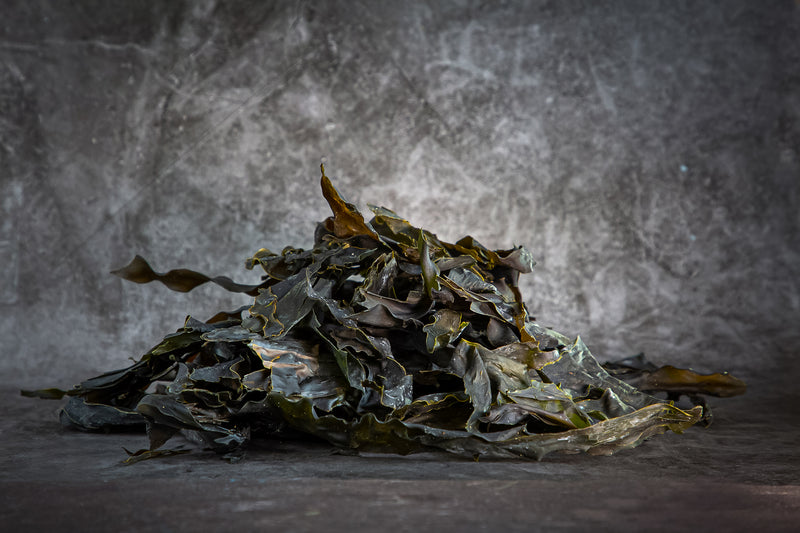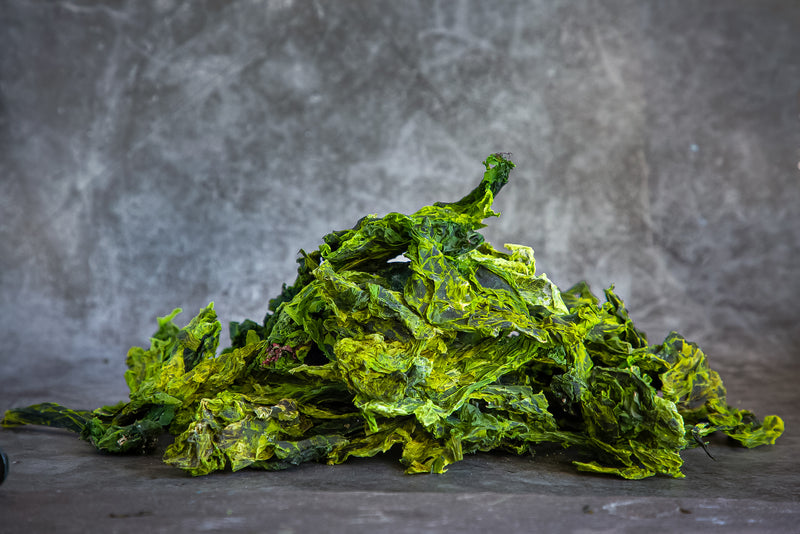Food Industry
Seaweed has long been an essential ingredient in the food industry,
prized for its versatility, nutritional benefits,
and natural functional properties.
Rich in vitamins, minerals, proteins, and polysaccharides, seaweed is a sustainable and health-focused option for food manufacturers. Its natural hydrocolloids, including alginates, carrageenans, and agars, offer thickening, stabilising, and gelling capabilities, making it indispensable in various food products. Seaweed’s low-calorie, nutrient-dense profile also supports the growing demand for health-conscious and plant-based food options.
Possible Food Industry Uses

Functional Ingredients:
- - Hydrocolloids from Laminaria digitata and Chondrus crispus are used as natural thickeners and stabilisers in dairy, desserts, and processed foods.

Alternative Protein Sources:
- - Red seaweeds like Palmaria palmata provide high protein content and a rich umami flavour for plant-based and vegan products.

Flavor Enhancement:
- - Saccharina latissima and Laminaria digitata add umami depth to soups, broths, and snacks while acting as a natural alternative to salt.

Nutritional Enrichment:
- - Seaweeds like Ascophyllum nodosum and Ulva lactuca are packed with vitamins A, C, and E, plus essential minerals to fortify health food products.

Edible Sea Vegetables:
- - Species such as Himanthalia elongata (Sea Spaghetti) and Chondrus crispus (Carrageen Moss) are used directly as sea vegetables in salads, soups, and more.

Sustainable Food Solutions:
- - Seaweed offers a sustainable option for functional food ingredients, meeting consumer demand for eco-friendly products.







